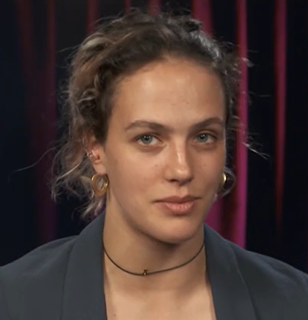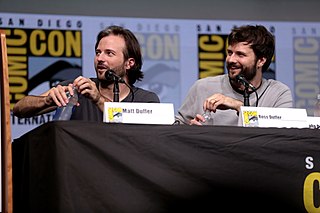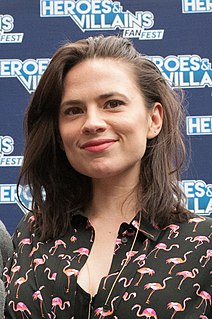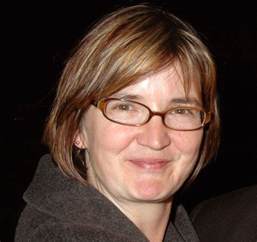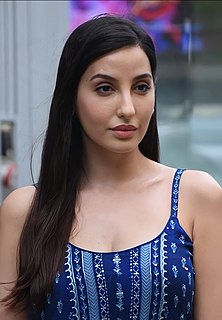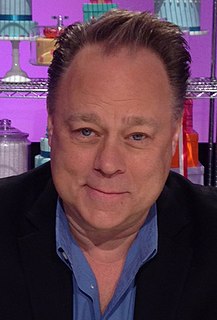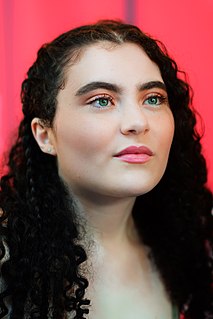A Quote by Thomas Middleditch
When you're on film or TV, essentially you're in front of the camera. Unless it's a Tim Burton thing, the desire is to be real and grounded.
Related Quotes
What I really learned from Tim Burton is that it's important to have your own person in a role because you can't play a character unless there are elements of human behaviour that you yourself understand. I was really struck by how Tim Burton would like to sit and chat about you... or question things which then you had never thought about. It is a good thing to always step back a bit with things like that. But I try my damned hardest to learn something from everything I do.
It was Tim Burton's 'Batman' in, what, '89, I think? What we could see was there was someone behind the curtain controlling all of this, and you could see it from one Tim Burton film to the next, that the guy who made 'Edward Scissorhands' also made 'Batman.' You could connect the dots because his style was so distinct.
Because the world of this film begins and ends in the imagination of Tim Burton, you're not seeing a movie that's been shot on locations that you've seen a million times. Because this world has no rules, you're seeing so many different and separate brushstrokes and colors and characterizations somehow getting combined through Tim.
I'm always going to hear people make that connection and I've just accepted it. It's alright. I'm just happy that I get to do my own thing now. I learned a lot from the show [the Voice] as far as being in the TV world and being in front of the camera, which is really great because I'm not as nervous in front of the camera as I was before.
All entertainment is an element of fantasy because you are seeing something that is not quite real. There is no such thing as reality TV. Reality TV would be to leave a camera on in front of someone's house. Just leave it on. Then whenever the person comes or goes walking the dog or getting groceries, that's what it would be like. Any time you make an edit, you've lost reality TV. You're either compressing time or extending. That's a term that's been overused and overexposed. I think it's fantasy movies that take the fantasy of movies even further.
Film, television, and working with a camera is such an intimate art form that if a camera is right on you, and I've got your face filling the screen, you have to be real. If you do anything that is fake, you're not going to get away with it, because the camera is right there, and the story is being told in a very real way.

